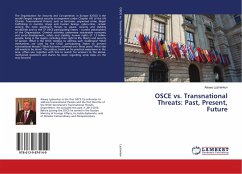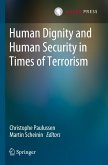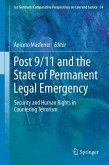The Organization for Security and Co-operation in Europe (OSCE) is the world's largest regional security arrangement under Chapter VIII of the UN Charter. Transnational threats, such as terrorism, organized crime, illegal trafficking in narcotic drugs and human beings, cyber-crime, remain among the most significant threats to peace, security and stability worldwide and to the 57 OSCE participating States - current stakeholders of the Organization. Criminal activities undermine sustainable economic and social development, safety and stability, human rights of 1,2 billion people, living in the region, including their right to life, liberty and security of person. What is the OSCE toolbox to address such challenges? What mechanisms are used by the OSCE participating States to prevent transnational threats? What has been achieved over these years? What else still needs to be done? The author, based on his practical experience in the area, offers you together with him to search for answers to the above-mentioned questions and shares his vision regarding some steps on the way forward.
Bitte wählen Sie Ihr Anliegen aus.
Rechnungen
Retourenschein anfordern
Bestellstatus
Storno








